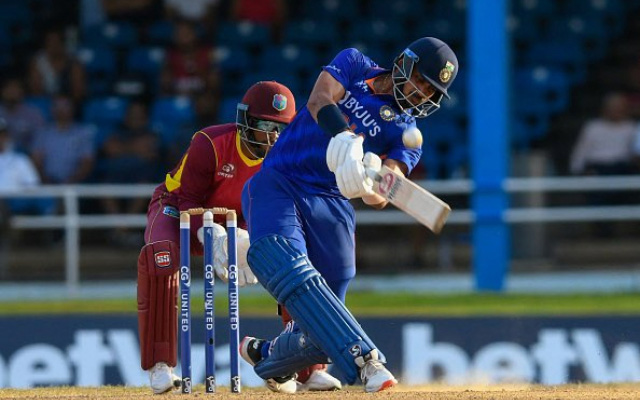'Countries are still scheduling a healthy number of matches' - ICC boss plays down downfall of ODI cricket
2 Min Read


The International Cricket Council (ICC) chief executive Geoff Allardice has revealed that there will be no major deduction in the number or proportion of ODIs in the next FTP cycle. Many former cricketers have recently raised their voices over ODI matches getting outdated and have asked for a change. There is a noticeable decline in the number of ODI matches played by top-ranked ICC teams. Most recently, South Africa canceled their 50-over series against Australia which was to be played next year, giving preference to their domestic T20 league.
England’s red-ball team skipper Ben Stokes recently announced retirement from ODI cricket, saying it’s not possible for him to play all three formats. Star Indian players Rohit Sharma and Virat Kohli also took a rest from the ongoing ODI series against West Indies. T20I cricket continues to bring more viewership and money and Test Cricket was revived after the introduction of the World Test Championship (WTC) and now ODI cricket needs a big change in the near future as well.
“I think at this stage there is some discussion, not specifically about ODIs, but about the mix of formats within the calendar. Countries have been, in their FTPs, are still scheduling a healthy number of ODIs as well. So in the FTP, I don’t think you’ll see any significant change to the number of ODIs or the proportion of ODIs as being planned,” ICC CEO Geoff Allardice said in a statement.
All boards have to manage balance between domestic competitions: Geoff Allardice
Former Indian head coach Ravi Shastri recently backed Shahid Afridi’s demand to reduce ODI cricket by 10 overs each innings. Legendary Pakistani cricketer Wasim Akram called also 50-over cricket a ‘drag’ and asked the ICC to terminate this format. Australian opening batter Usman Khawaja described ODI cricket as a slowly dying format. But Geoff Allardice stated that countries need to balance their schedule for both domestic and international matches.
“Each of them has to manage that balance between domestic competitions, their international schedule, and the management of their players. Each of those boards is in a slightly different situation. So there isn’t a one-size-fits-all approach to that balancing issue,” Geoff Allardice added.
Download Our App